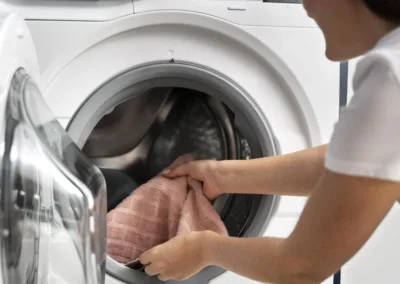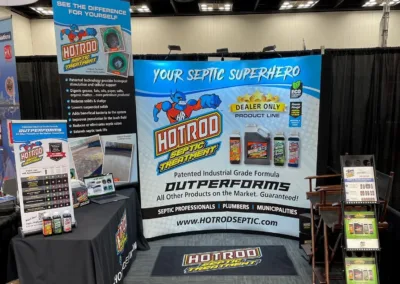With almost 21 million septic systems in the U.S., it’s not hard to guess how many homeowners are confused about how these systems work, and why they should care about them. After all, you don’t have to know how your home’s plumbing works to use it, right? Wrong! Learn why your septic system matters, what can go wrong with it, and how you can keep your system in good shape with this handy guide to how your home’s septic system works (and why you should care).
An Overview of Residential Sewage Treatment
All homes have sewage systems—but most people don’t realize how those systems work. What does it mean to be on a septic system? Do all homes have them? What happens when you flush a toilet, or run water in your kitchen sink? How do sewage and wastewater treatment systems work? These are just some of the questions answered in today’s post.
The 2 Main Parts of a Typical Residential Septic System
The septic system has two main parts: a septic tank and an underground absorption field or leach field. The system that’s right for your home depends on whether it’s connected to a municipal sewer system or not. Let’s take a look at each part and how they work together to provide the best treatment and properly functioning septic system.
A septic tank is a large, watertight container made of concrete or plastic. It’s designed to collect wastewater from your home and store it so that solids can settle out, excess fats and oils can float to the top, and pathogens can be eliminated by bacterial action. The tank must be connected to a leach field in order for it to function properly—that’s where all that wastewater in the tank eventually ends up!
What is a Leach Field? A leach field is basically just an area of ground where wastewater from your house travels to various dispersion systems and slowly releases into the soil. This porous material allows wastewater to filter into the soil and be absorbed.
The solid matter that doesn’t break down in your septic tank—mostly hair and lint—stays in the septic system to be pumped out during maintenance. Eventually, all that effluent water is absorbed by plants and trees or re-enters groundwater supplies nearby.
Why You Should Care
If you’re concerned about your home’s septic system, you should be. And that’s because septic systems are one of those out of sight, out of mind pieces of infrastructure that we don’t often think about until they break down. By not maintaining your septic system it can end up a damaged septic system, you could end up with a clogged leach field and backed up drains- and that means some very expensive future repairs. To avoid these headaches, it’s important to understand how a septic system works, what can go wrong with it, and how to keep it running smoothly for years to come.


